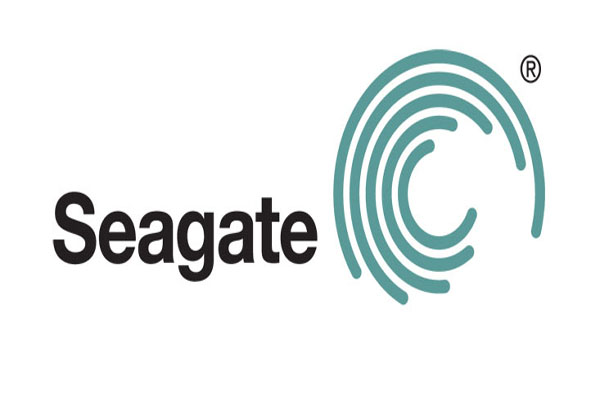Seagate is aiming to 'enterprise' your home
With increasing amounts of storage in consumers’ houses, the company plans to mirror what it has achieved in the business world.


While the credit crunch is biting all around it, storage giant [a href="http://www.seagate.com"
target="_blank"]Seagate[/a] remains upbeat that its mission to enterprise the home' will help keep the company afloat on the economy's choppy waters.
During a briefing in London yesterday, Seagate's chief executive Bill Watkins talked about the company's strengths historically and detailed what we could expect from it in the future as well as letting slip that he voted for the new US president Barack Obama.
Watkins acknowledged that the economy over the coming months is likely to remain a pretty unstable beast. "The macro economic condition has everyone [stumped]. Everyone is like deer in headlights. A lot of people are counting on a Christmas season but we're not sure it's going to show up. We're prepared if it does and we're prepared if it doesn't," he said.
Y2K storage consigned to history
While businesses' belts are somewhat bigger than consumers, there's a lot more tightening going on currently. Times have changed and we just aren't lucky enough to re-experience the boom enjoyed prior to the year 2000 when businesses were buying storage by the bucket load, according to Watkins.
"In the 90s, everyone was about enterprise in the office. [Now], we're flooding your home with content it's hi-def TV, it's video... We're digitising the whole consumer experience and what has emerged is a whole new set of players," he added.
Sign up today and you will receive a free copy of our Future Focus 2025 report - the leading guidance on AI, cybersecurity and other IT challenges as per 700+ senior executives
"We sell more storage into the home than we do into business. This is a tremendous opportunity."
Storage in the cloud
Rather than being depressed about business sales, Seagate reckons that increased consumer demand will inevitably have a knock-on effect on the need for more enterprise storage for the providers involved essentially greater demand for storage in the cloud.'
"iTunes has got to have a big storage system to take it to [people]. The whole ecosystem requires [different] types of storage," Watkins added.
"We are pretty excited about this opportunity for us. It's about storage and the need for storage. Which is why in the long term, and even in the near term, we're pretty optimistic about where we're going."
Seagate also plans to capitalise on this new world of consumer digitisation by trying to mirror the business world in launching a network-attached storage (NAS) solution for home use. It's all part of the plan to enterprise the home' according to the storage giant.
"We want storage to be want. Today it's not, it's a need. Right now, people just walk into a store because they need more storage," added Watkins.
"I've moved house four times and just [keep] moving stuff from the attic. But if you don't clean out your closet, you're not going to clean up your drive."
Food, water, sex and rationalisation
Pat O'Malley, Seagate's chief financial officer (CFO) and executive vice president, said that it took the company 30 years to reach the billion drive milestone, but that it was confident of hitting the next billion shipment in the next four years.
And the key to all this? Rationalisation it would seem.
Watkins said: "You can go a day without food, you can go a day without water, you can go a day without sex, but you can't go a day without rationalisation."
Maggie has been a journalist since 1999, starting her career as an editorial assistant on then-weekly magazine Computing, before working her way up to senior reporter level. In 2006, just weeks before ITPro was launched, Maggie joined Dennis Publishing as a reporter. Having worked her way up to editor of ITPro, she was appointed group editor of CloudPro and ITPro in April 2012. She became the editorial director and took responsibility for ChannelPro, in 2016.
Her areas of particular interest, aside from cloud, include management and C-level issues, the business value of technology, green and environmental issues and careers to name but a few.


